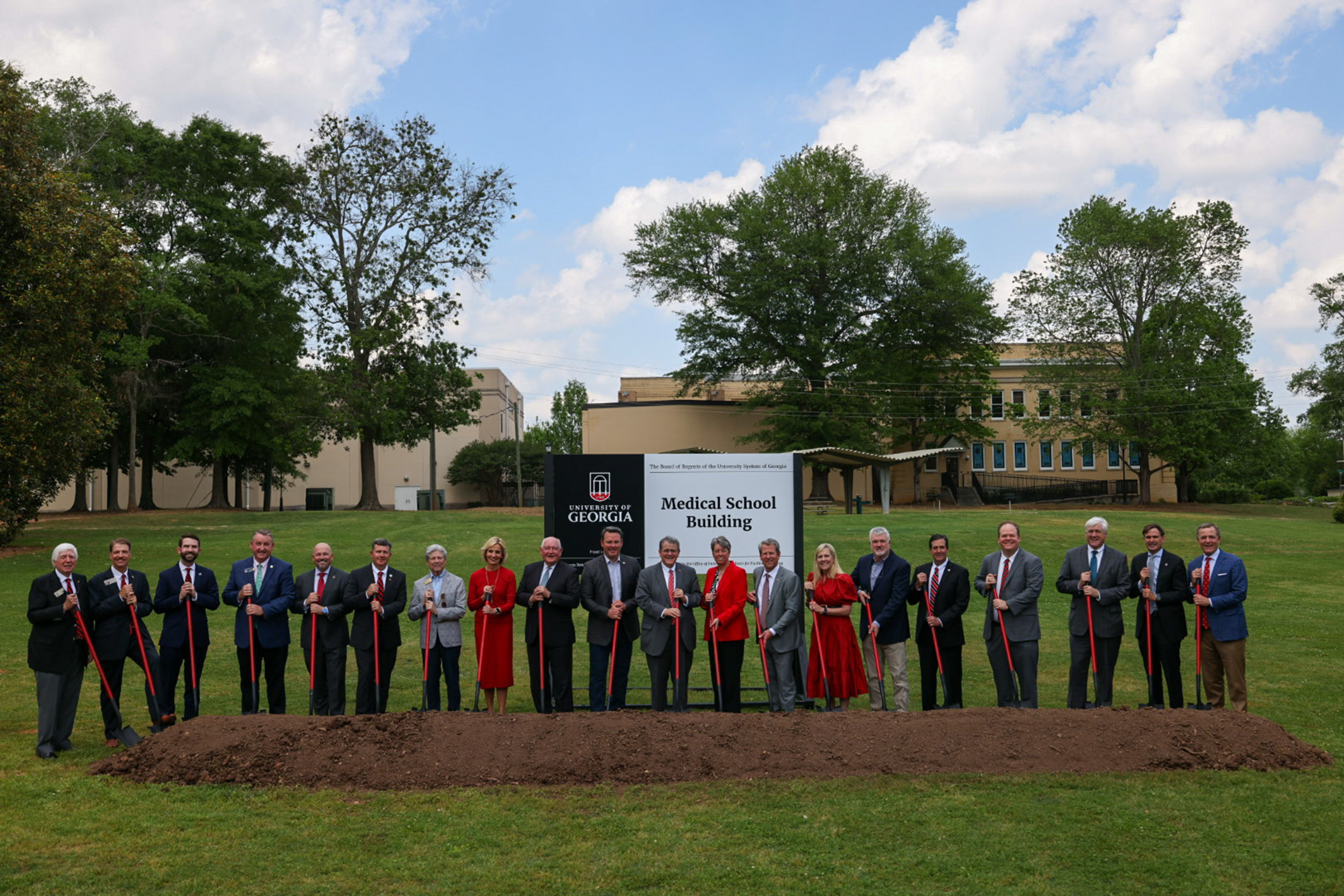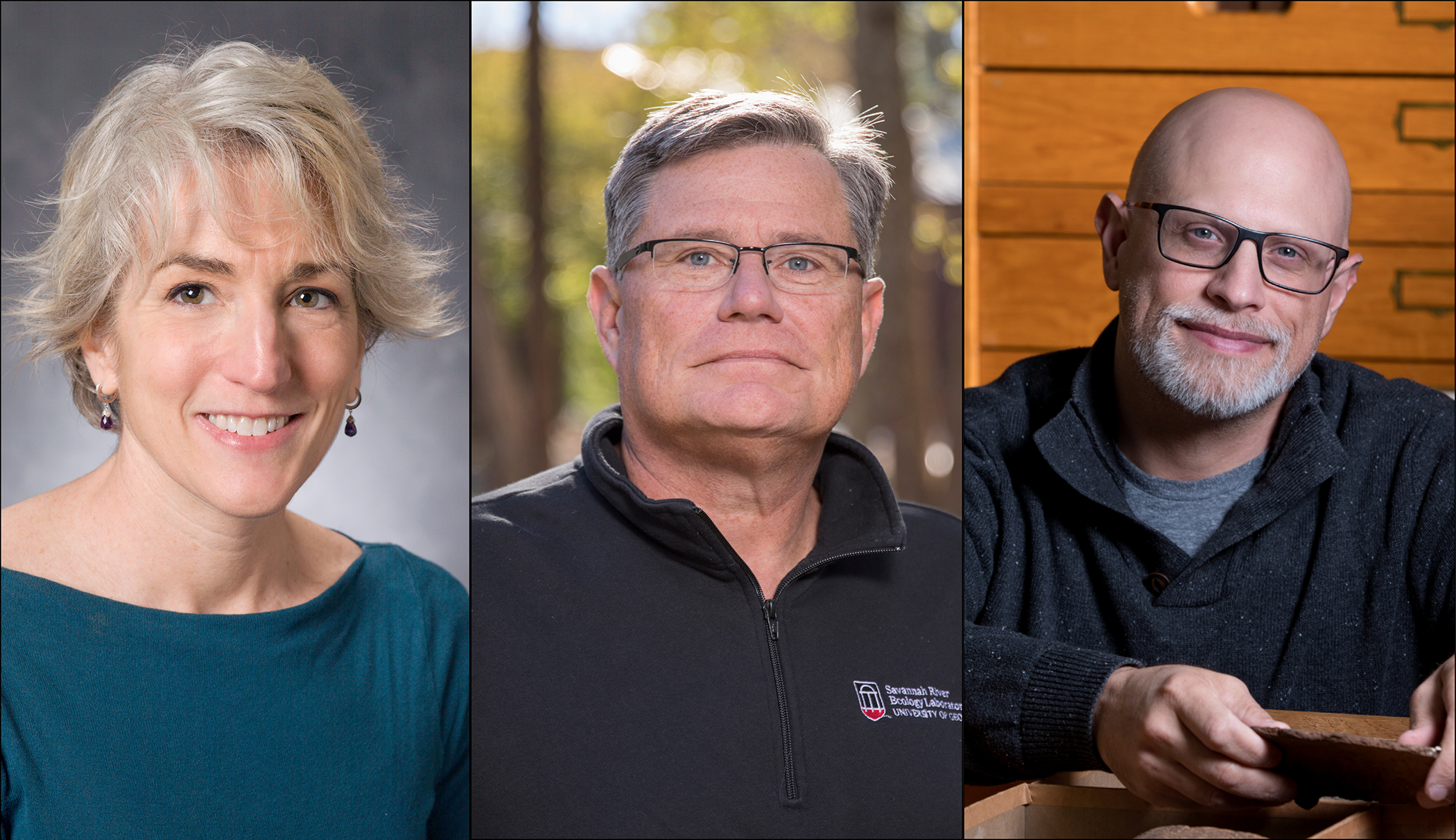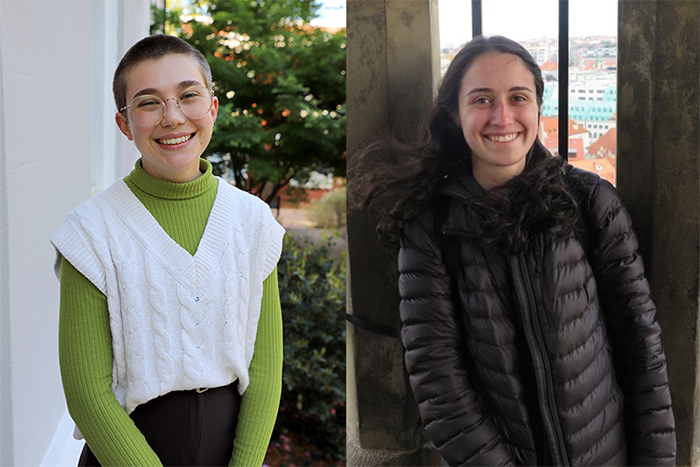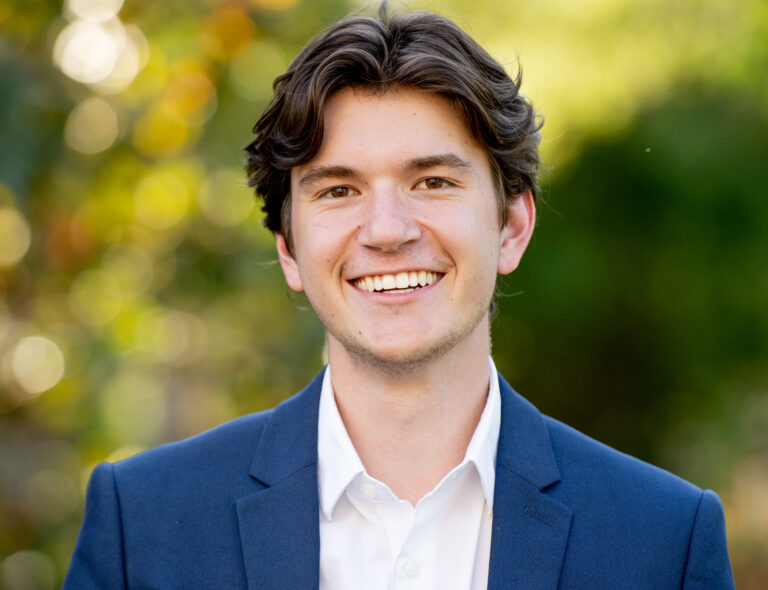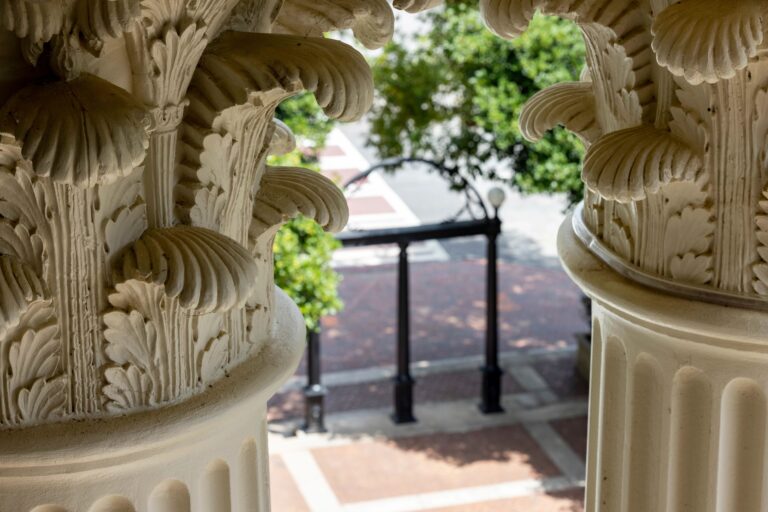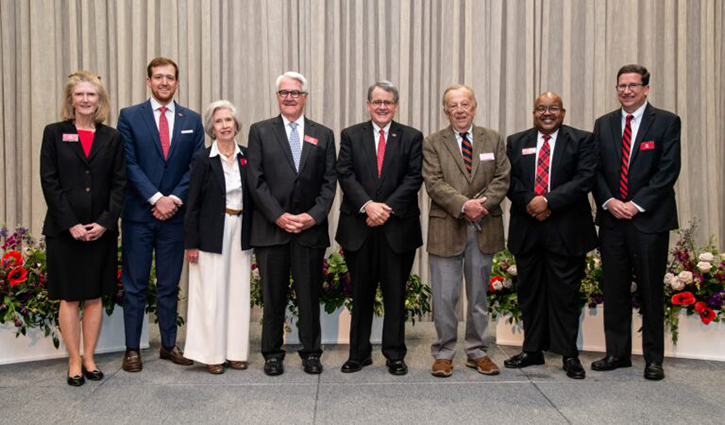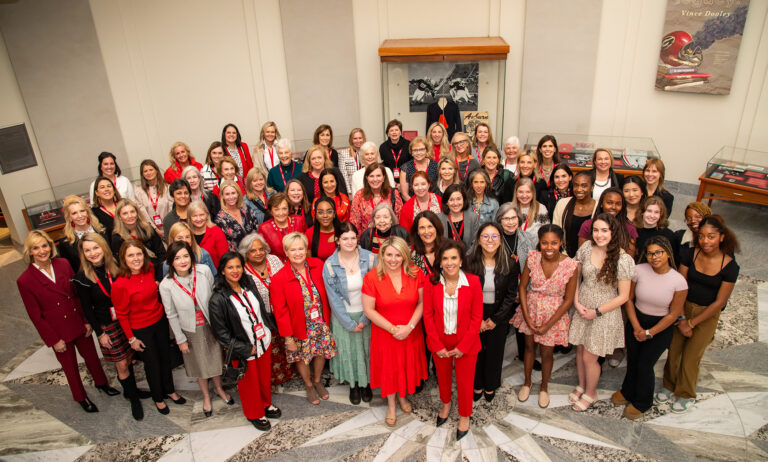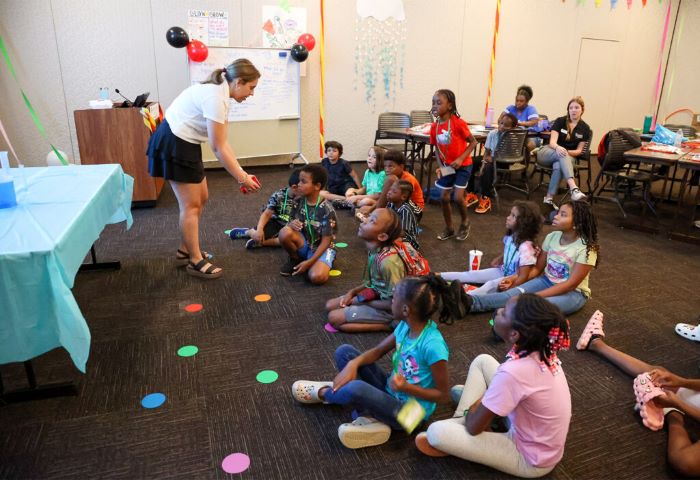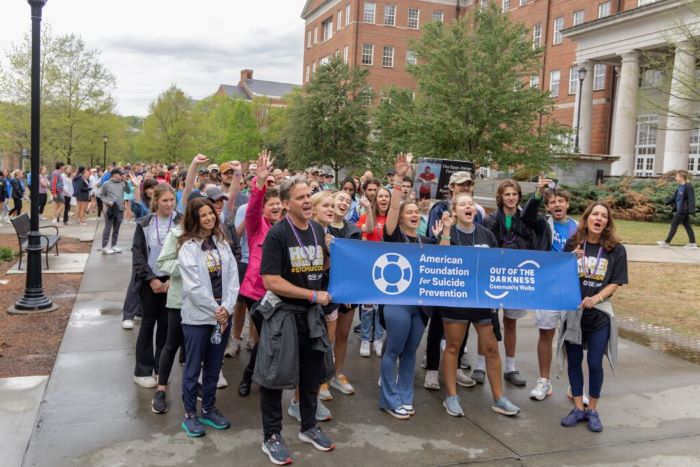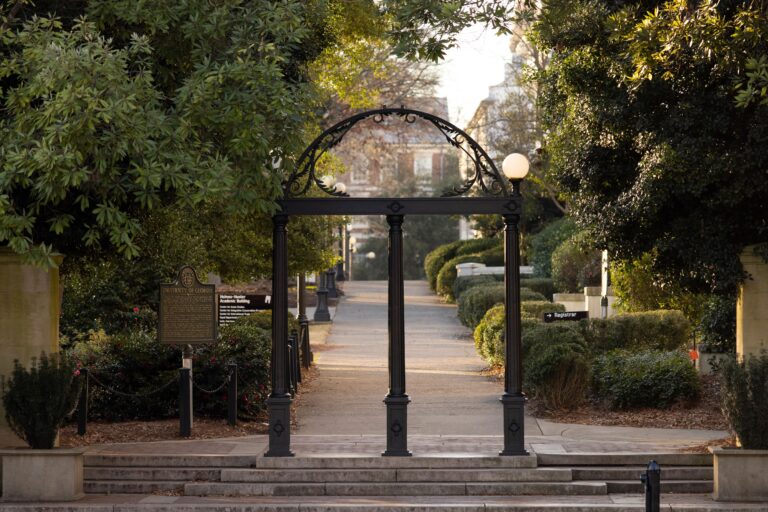The University of Georgia broke ground Friday on a new medical education and research building that will significantly expand teaching and research capabilities at the university’s…
AAAS elects three more UGA faculty as Fellows
April 18, 2024
Three University of Georgia faculty have been named Fellows of the American Association for the Advancement of Science (AAAS), the organization announced on April 18, bringing the…
Two UGA juniors named 2024 Goldwater Scholars
April 16, 2024
University of Georgia juniors Elaine “Lainey” Gammon and Sara Logsdon are among 438 undergraduates across the nation to be recognized as Barry Goldwater Scholars in 2024,…
UGA junior named a 2024 Truman Scholar
April 12, 2024
University of Georgia junior Alex Drahos was one of 60 undergraduates from across the nation to be selected as a 2024 Truman Scholar, a prestigious award…
UGA graduate programs among nation’s best in new rankings
April 9, 2024
The University of Georgia’s graduate and professional programs are among the nation’s best, according to the 2024 edition of “Best Graduate Schools” from U.S. News and…
Georgia Women Give celebrates year of growth, impact
April 8, 2024
Georgia Women Give, one of UGA’s most successful fundraising initiatives, celebrated its one-year anniversary with an on-campus event on March 21 and 22. That event…
Four local projects receive Sahm Award funds
April 1, 2024
The University of Georgia continues to strengthen its commitment to Athens-Clarke County through an endowment established by Athens native and UGA alumna Bobbi Meeler Sahm and…
Out of Darkness Walk engages campus community in the fight to prevent suicide
March 29, 2024
On April 7, the American Foundation for Suicide Prevention (AFSP) will host its annual Out of Darkness Campus Walk at the University of Georgia. The walk is…
UGA enhances residential belonging initiatives
March 29, 2024
When first-year students move into the residence halls this August, they’ll meet a new cohort of peer leaders whose sole purpose is fostering a sense…

